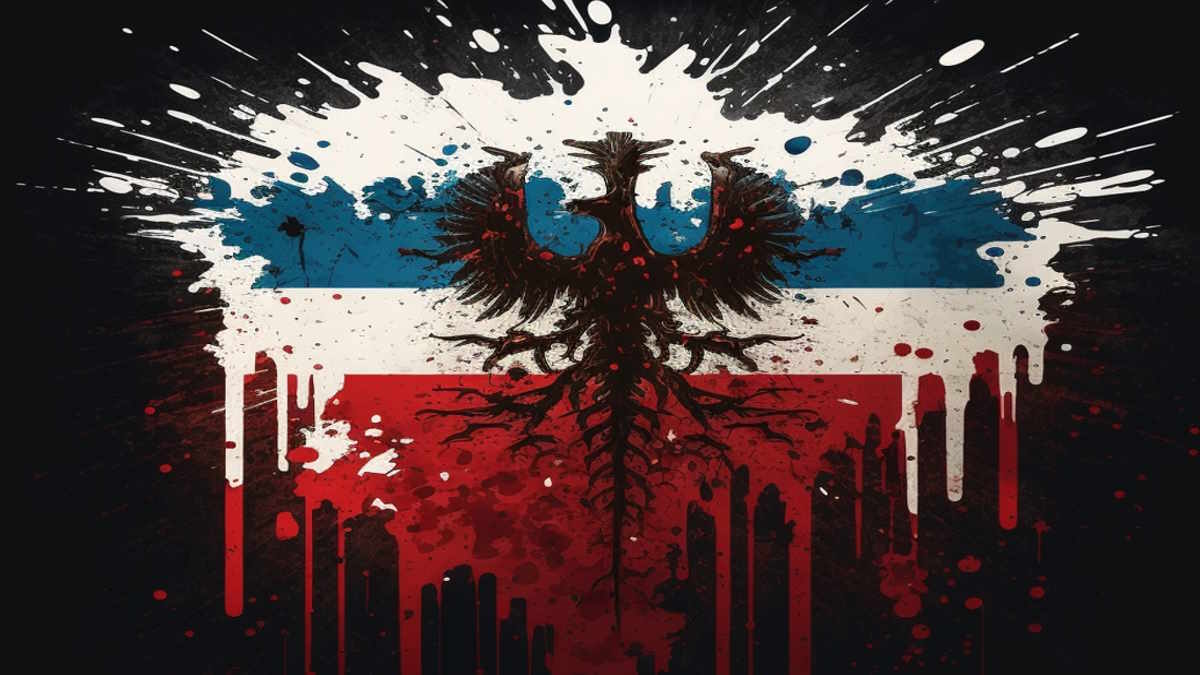Google’s Threat Analysis Group (TAG) has released a report stating that Ukrainian targets have been bombarded with a relentless digital attack by Russian state-sponsored hackers in the year since the invasion. The report, which was released ahead of the Munich Security Conference on Thursday, revealed that Russian government-backed attackers have attempted to hack Ukrainian users 250% more than in 2020. Google used 2020 as a baseline due to a rise in attacks leading up to the war.
According to the report, Ukraine’s Defense and Foreign Affairs Ministries, as well as the National Agency for Service, were among the most targeted entities in 2022. The United States and the United Kingdom have previously accused Russia of conducting a cyberattack on a satellite network that caused communication outages in parts of Ukraine before the war. Ukrainian officials have also noted that malicious cyber activities are a form of hybrid warfare intended to destabilize the country.
In addition to focusing on Ukraine, hackers have also increased their targeting of North Atlantic Treaty Organization (NATO) members, particularly Poland, Germany, and the Baltic states. Google predicts that in 2023, Moscow will escalate attacks not only on Ukraine but also on NATO partners. The report revealed that NATO countries experienced a 300% increase in Russian phishing campaigns in 2022 compared to 2020. Additionally, it found that Pushcha, originating from Moscow’s ally Belarus, targeted Poland and Lithuania in 2022, while Russia’s Coldriver targeted European militaries.
Google’s Threat Analysis Group noted that cyber activities will continue to play an integral role in future armed conflicts, supplementing traditional forms of warfare. The report also disclosed that attacks against Ukraine’s cyber infrastructure have not solely originated from Russia. The group “Curious George,” attributed to the Chinese military by the Threat Analysis Group, has shifted its focus from Russian and Mongolian targets towards Ukrainian government organizations.












